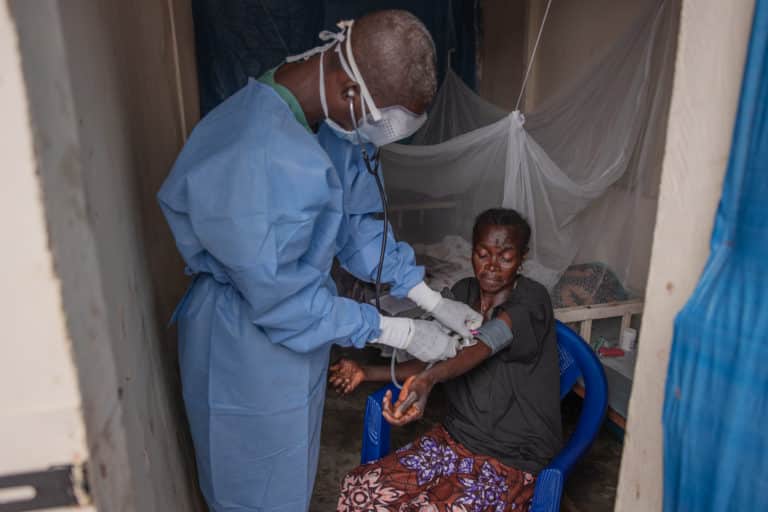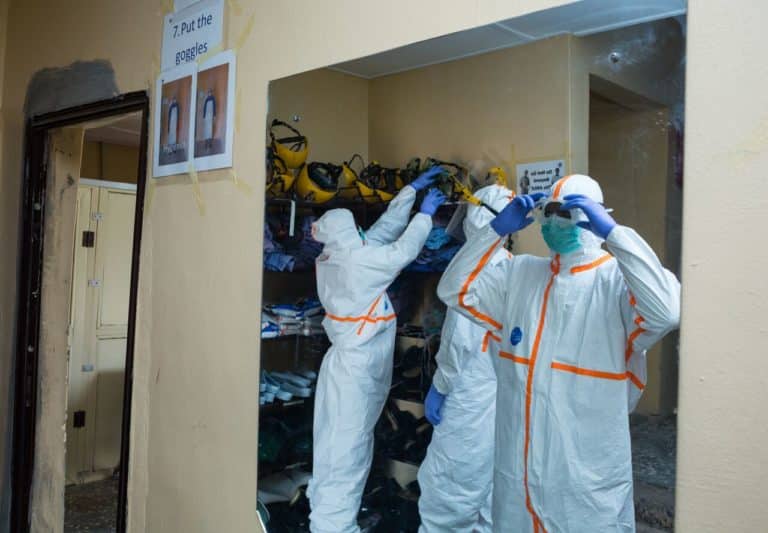1. Cholera is a life-threatening infectious disease spread by the bacterium Vibrio cholerae. It is usually caused by eating food or drinking water that has been contaminated by feces from an infected person. Common sources of contamination include raw vegetables or fish, unwashed fruit, local water supplies and street food. Cholera can also be transmitted by direct person-to-person contact.
2. Each year, as many as 4 million people become infected with cholera. The majority of cases occur in the developing world, including Africa and south Asia. Between 21,000 and 143,000 people die each year from cholera, according to the World Health Organization (WHO). In 2016, 38 countries were affected by cholera outbreaks.
3. Cholera spreads most easily in crowded places where hygiene and sanitation conditions are poor, and access to clean water and toilets is limited. This includes camps for refugees and internally displaced people, informal settlements and peri-urban slum areas, which lack basic infrastructure.
4. Symptoms can vary, but often include nausea, severe acute watery diarrhea and vomiting. Other symptoms include low blood pressure, electrolyte loss, muscle cramps and accelerated heart rate. Initial symptoms can appear within as little as 12 hours hours or as much as five days after the infection. Most people experience only mild symptoms, but can potentially infect others. Other people quickly become severely dehydrated, losing as many as 15 liters of water per day.
5. Most cholera cases can be treated with oral rehydration salts (ORS). A packet of ORS, which is a salt-sugar-based mixture, is diluted in one liter of purified water and ingested up to 6 times per day (for an adult). Such treatment can often be continued from home and does not require hospitalization.
6. In severe cases, without proper treatment, cholera can quickly lead to shock and can kill a patient within hours. In these cases, patients may require rapid treatment with intravenous solutions to replace lost fluids and antibiotics.
7. The best means of preventing cholera is by providing safe drinking water, and improving hygiene and sanitation conditions. This includes: washing your hands often with soap and clean water, cleaning and cooking food well, and using a latrine or toilet. While oral vaccines do exist, the WHO does not recommend the mass administration of the vaccine, as it is only effective in 50% of patients and lasts just a few months.



